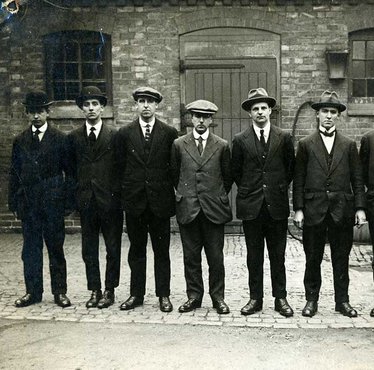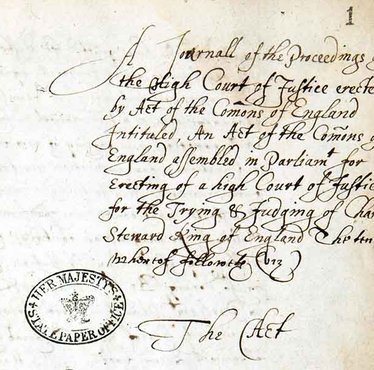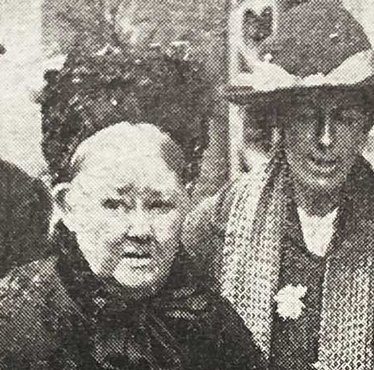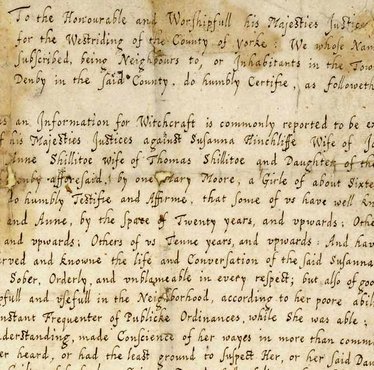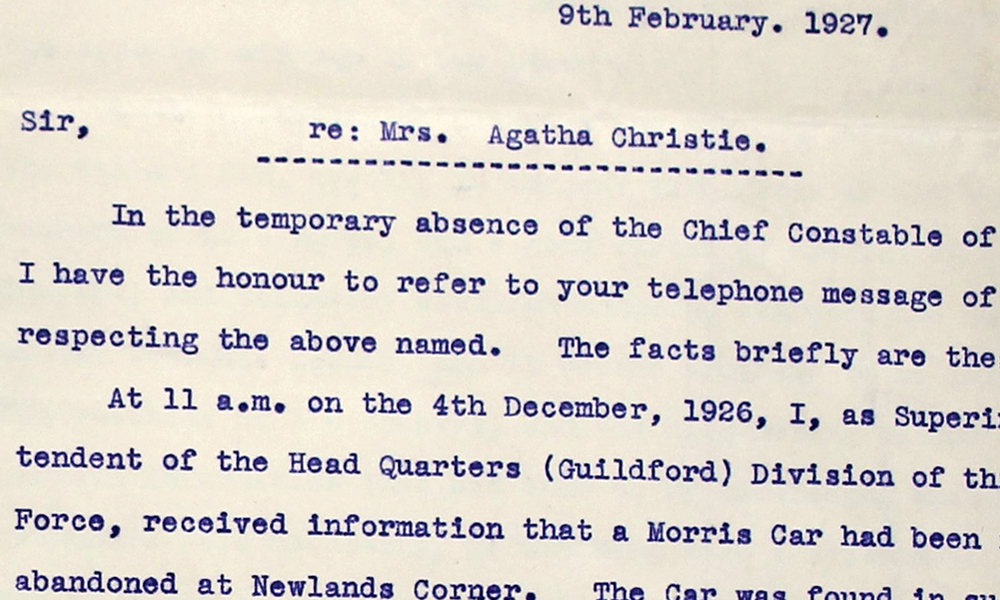
Crime, courts and justice
The National Archives holds a wealth of documents that traces how crimes have been investigated and prosecuted over the years. Records range from the police files of ordinary people to historic pieces of legislation that defined society’s laws for centuries.
-
The Spycatcher affair

The book Spycatcher sparked one of the most controversial courtroom battles of the 1980s, bringing questions around state secrecy to a global audience.
-
Policing sex in public toilets in 1930s London
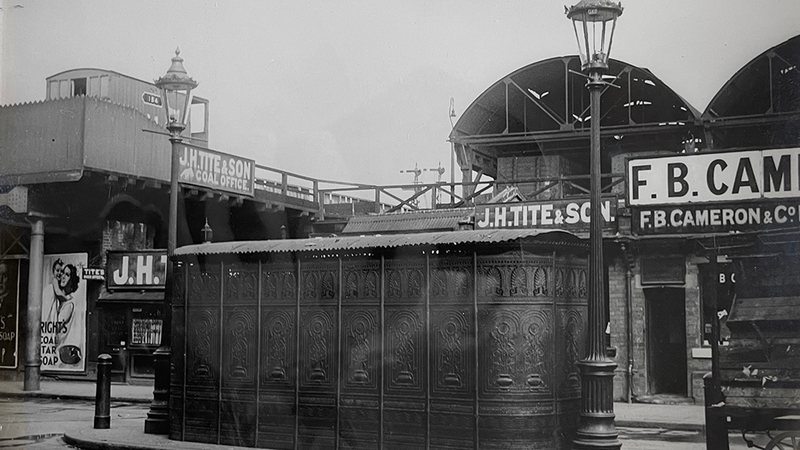
Records from the 1930s describe attempts to police sexual activities between men in public toilets – and officers’ thoughts on when to enforce the rules.
-
Anthony Blunt's confession
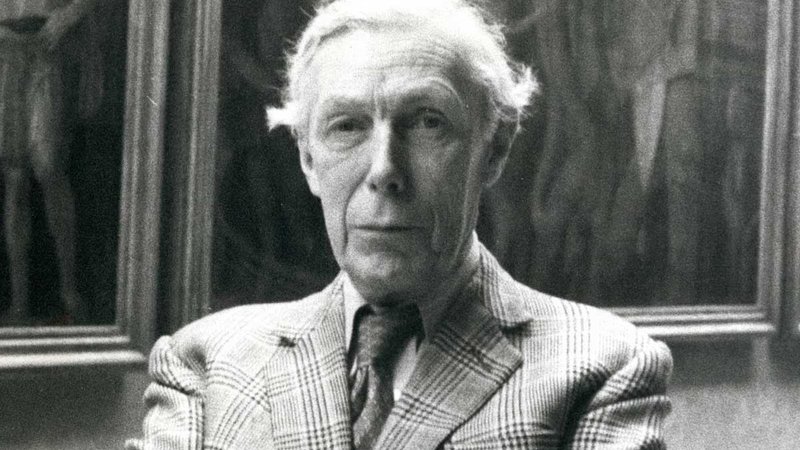
Security Service files paint a vivid picture of what happened when Anthony Blunt – then employed in the royal household – admitted spying for the Soviet Union.
-
Queer connections: The policing of gay personal adverts in the 1960s
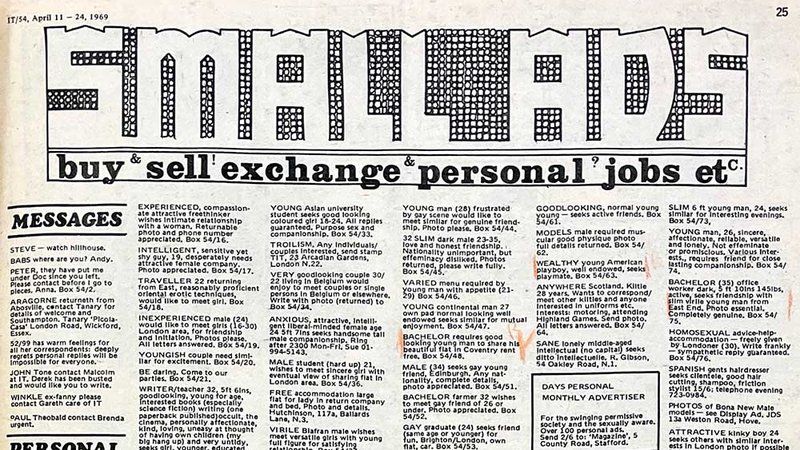
Records in our collection show how same-sex personal adverts published in the 1960s become part of a high-profile legal battle.
-
The libellous letters of the Chevalier d’Eon
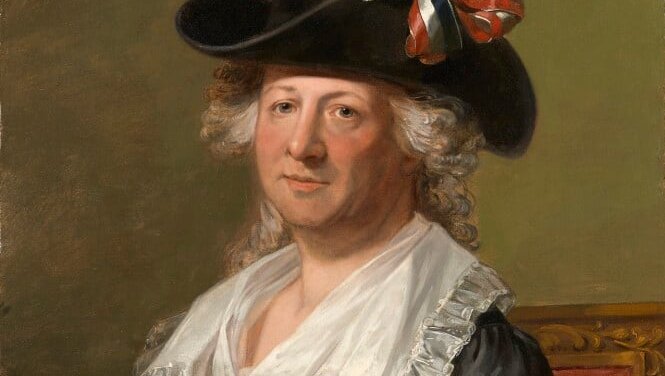
Pre-trial statements from this 1776 dispute between the Chevalier d’Eon and Charles de Morande provide intricate details about these two French spies.
-
Karl Muller and the fatal lemon
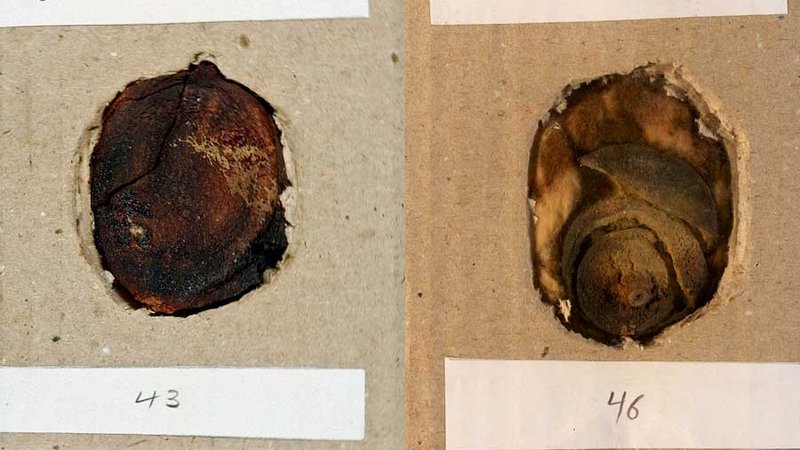
When can a lemon have fatal consequences? If it proves you are, in fact, a wartime spy…
-
Smuggling gangs and coastal policing in 19th-century England
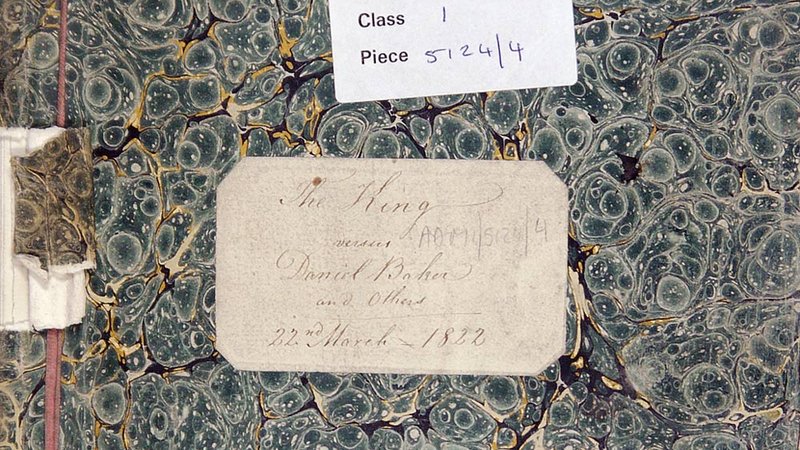
Following the Napoleonic Wars, smuggling became a major concern for the British government.
-
The Churchill family's 'Blue Book'
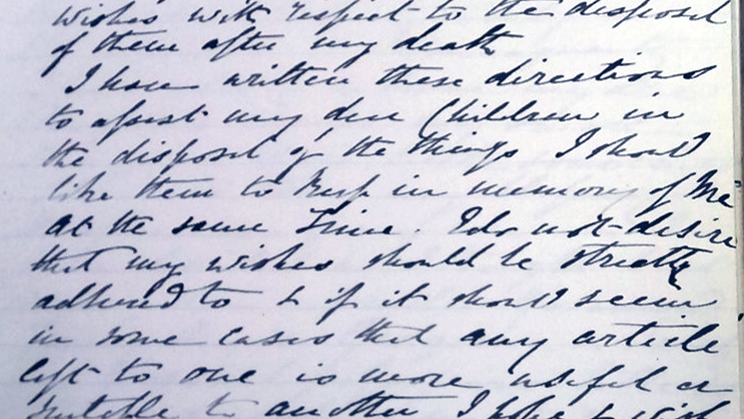
This book caused confusion and disagreement among family members, but also provided an unusually intimate view of this well-known household.
-
Thomas Cromwell
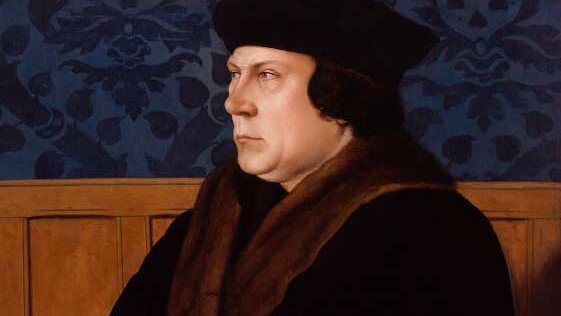
Through intrigue and ambition Thomas Cromwell rose to become one of Henry VIII's key advisors. What can records at The National Archives tell us about his life?
-
Emily Capper and the 1934 Gresford Colliery disaster

Our records tell the story of Emily Capper's desperate campaign to recover the bodies of the victims, including that of her son.
-
The queer Victorian origins of the word 'camp'
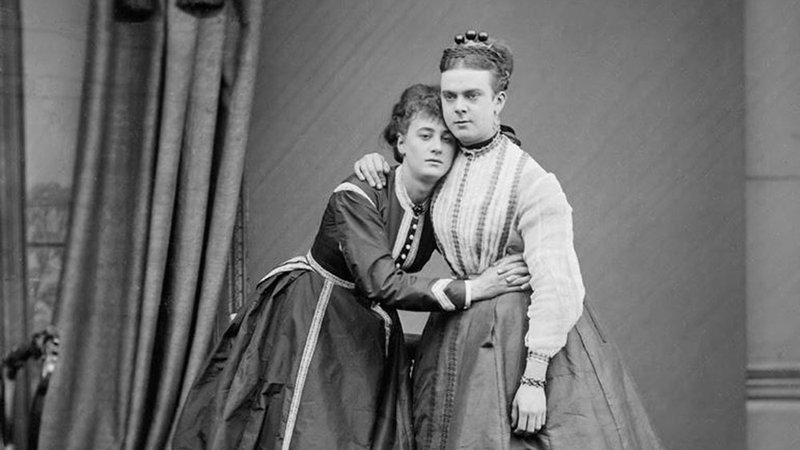
Did you know that the word ‘camp’ was used by members of the LGBTQ+ community as early as 1868?
-
Sir John Fielding
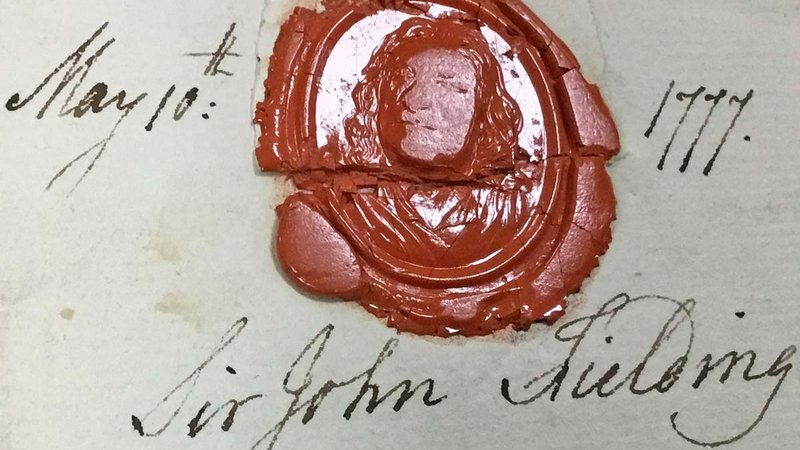
Sir John Fielding grew to become one of England’s first and greatest police detectives. And for his entire crime-fighting career, he was blind.
-
Section 28: impact, fightback and repeal
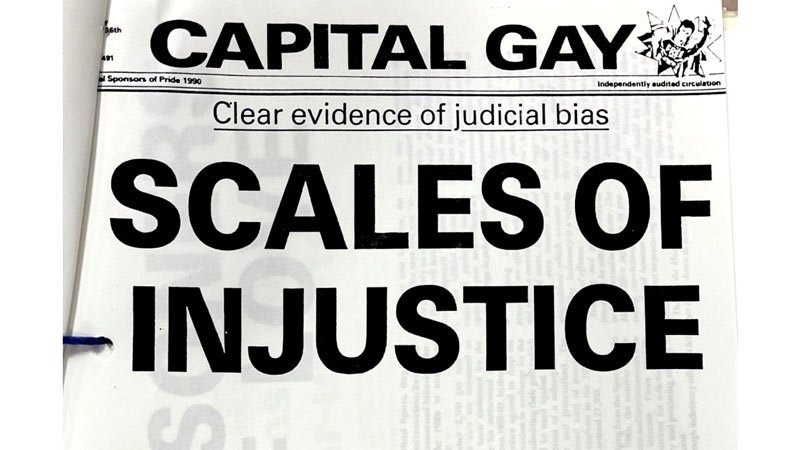
What was the everyday reality for LGBTQ+ people in the 80s and 90s living under the infamous Section 28, and how was it eventually repealed?
-
The origins of Section 28
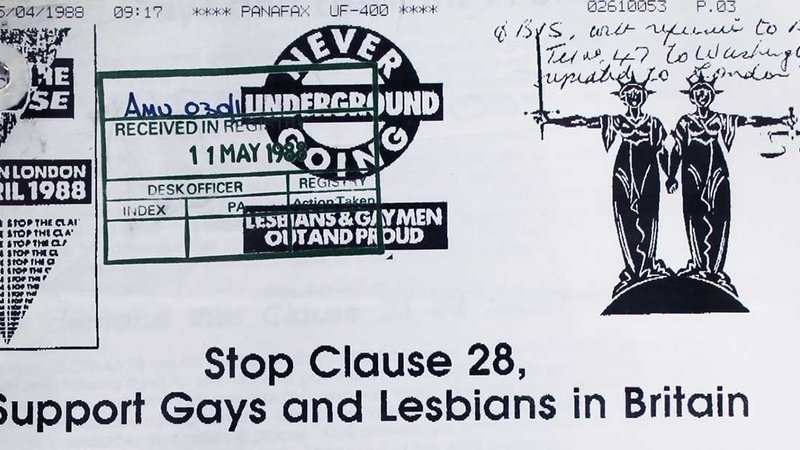
Section 28 of the 1988 Local Government Act negatively affected LGBTQ+ lives for decades. How did such a seismic piece of legislation come about?
-
The Treason Act
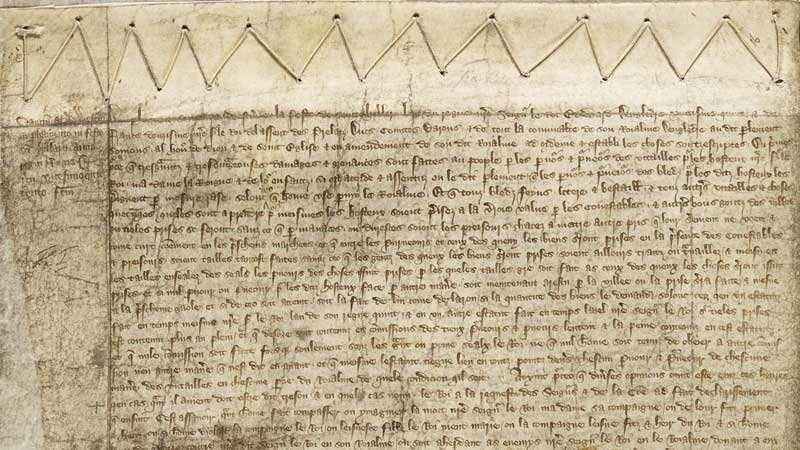
The Treason Act defined the crime of ‘high treason’ in law for the first time. It is one of the oldest pieces of legislation still on the statute book today.
-
Angry letter sent during the ‘Bread or blood’ riots
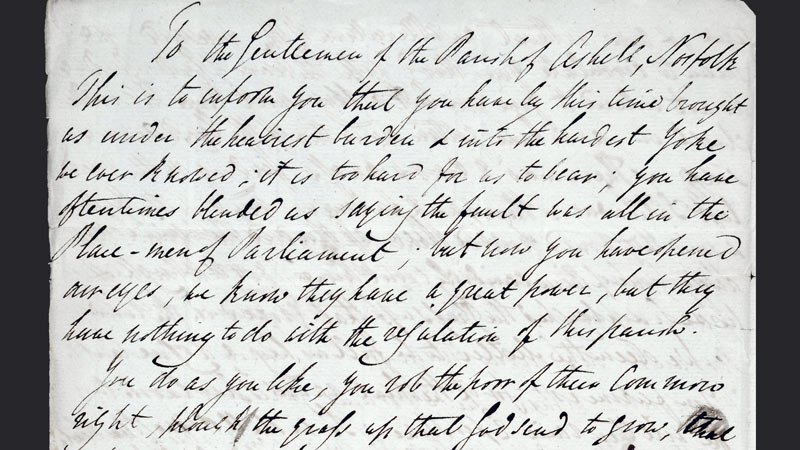
This angry letter offers a rare view of the words of ordinary people at the time, threatening violence in response to falling living standards in rural England.
-
The Monteagle Letter
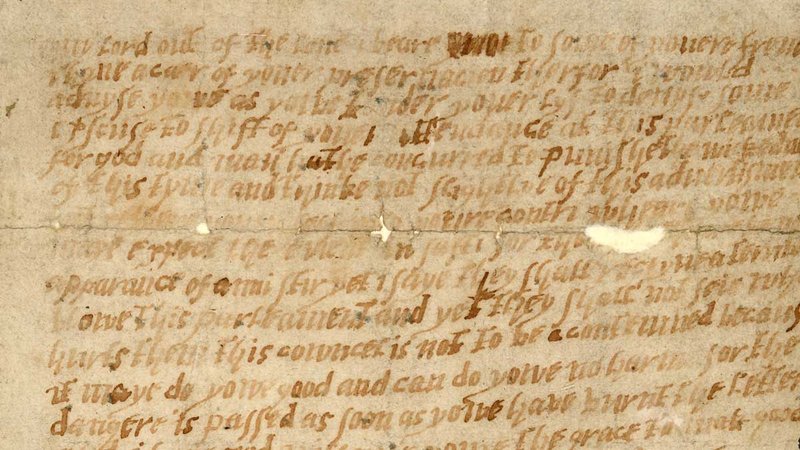
Is this the most famous anonymous letter in British history? Perhaps it should be. Without it, the Gunpowder Plot might have succeeded.
-
List of suffragettes arrested from 1906–1914

More than a thousand people who supported women’s right to vote were arrested for their activism. This document records them – and includes some famous names.
-
Sophia Todd
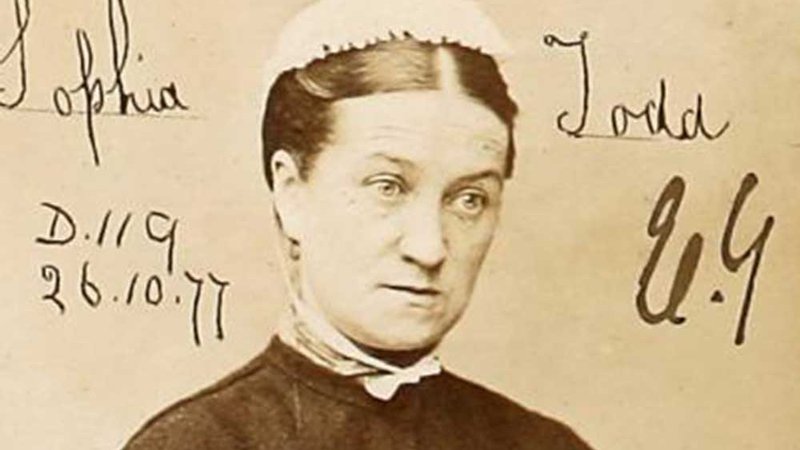
Was a woman arrested for murder in Victorian Liverpool an unfortunate person caught up in a series of ill-fated events, or something much more sinister?
-
Nancy Cunard
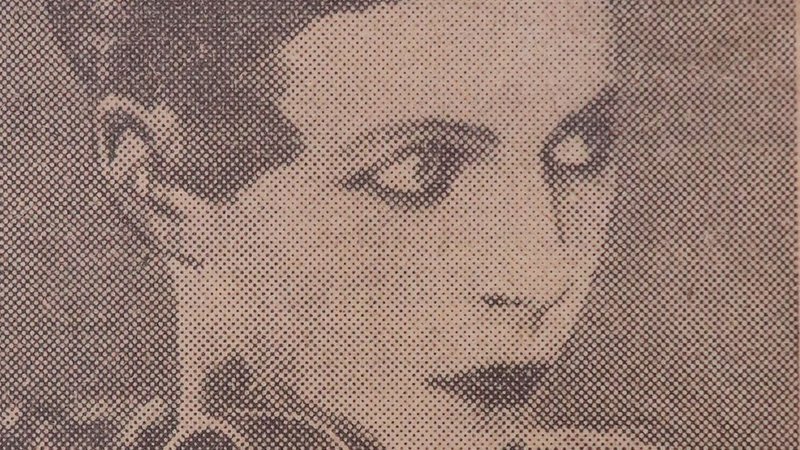
On the Windrush passenger list, white socialite Nancy Cunard (1896–1965) is described as a 'writer', but she was also a staunch activist for Black civil rights.
-
The Caravan Club
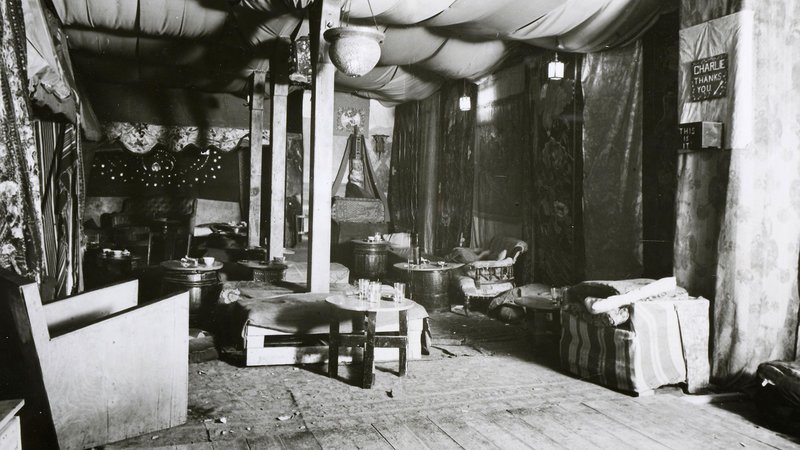
The police raid on a secret queer nightclub in 1933 gives an insight into the lives of gay men in interwar London and their defiance in the face of persecution.
-
Maud Allan
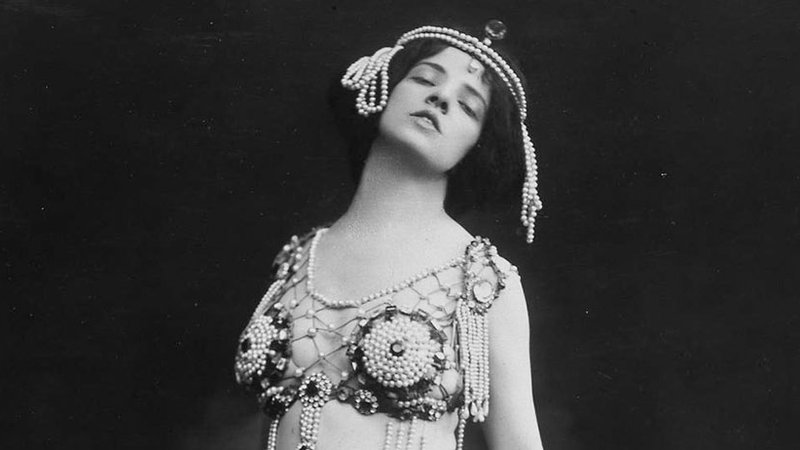
Maud Allan (1873–1956) was a celebrated West End dancer in the early 20th century until she became entangled in one of the most sensational trials of the 1920s.
-
Emmeline Pankhurst

Emmeline Pankhurst (1858–1928) was a tireless political activist, who led the WSPU – the militant faction of the movement for women’s suffrage.
-
Radclyffe Hall
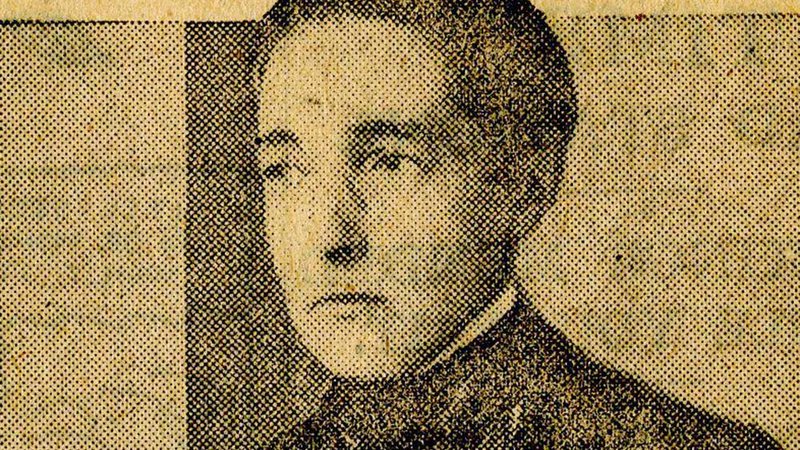
Radclyffe Hall (1880–1943) lived relatively openly as a lesbian in an era that condemned such relationships. Today she is an icon of LGBTQ+ literature.
-
William Cuffey

William Cuffey (1788–1870) was a disabled, working-class campaigner. He was a leading figure in the Chartism movement, famed for his powerful oratory.
-
The Mangrove Nine
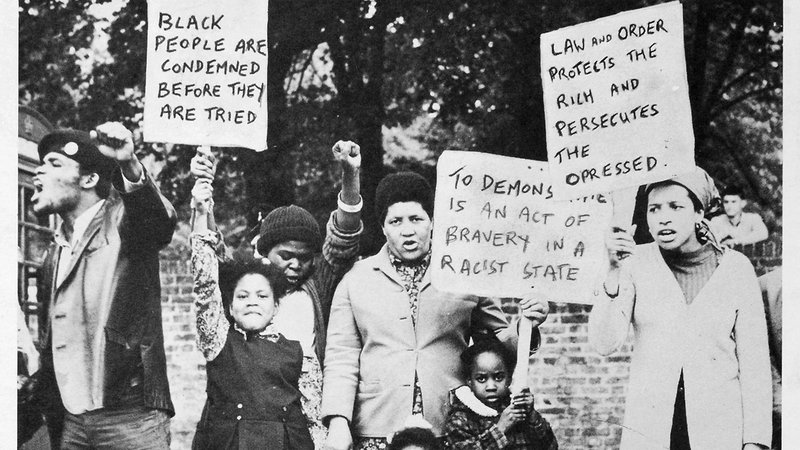
The trial of nine black protestors who were arrested while demonstrating in Notting Hill in the early 1970s became a public platform to criticise police racism.
